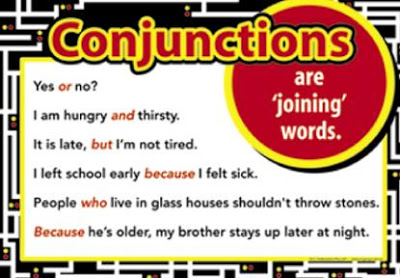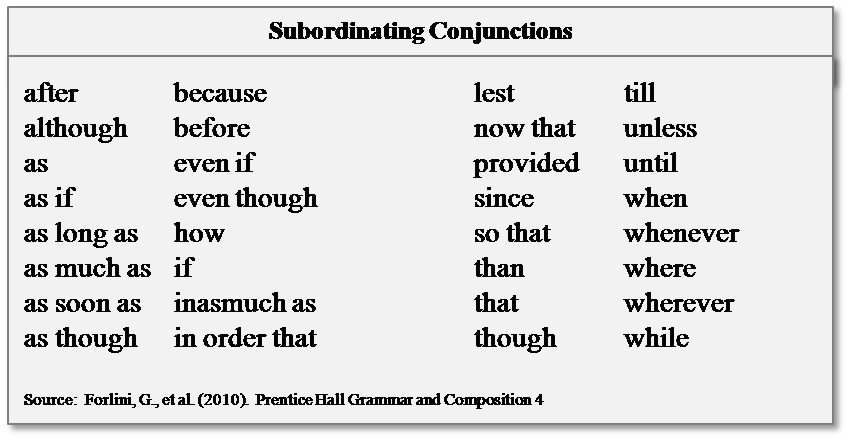How To Use Conjunctions (1)
(Conjunctions = ‘Joining’ Words)
Simple sentences are really simple and easy to make. In one sentence, there is only one subject and one verb. That’s all you have to pay attention to. When you get to the intermediate level in Japanese, however, you start to make compound sentences. In contrast to simple sentences, you will find more than one subjects and verbs. You have to coordinate them accordingly. That’s where you start to get confused.
To connect two clauses consisting of subjects and verbs, you need conjunctions. Conjunctions are ‘joining’ words. There are two categories in conjunctions – coordinating conjunctions and subordinating conjunctions. Coordinating conjunctions are easy to learn.
[Examples]
- Keiko likes apples and I like oranges.
- Take the trash with you, or you will be in trouble.
- My boyfriend likes my parents, but they don’t like him.
- It is hot, so I take my sweater off.
- He didn’t show up, for he was sick.
Take away those conjunctions from each sentence. And, put a period at the end of those clauses. Each clause turns back into one perfect sentence.
- Keiko likes apples. I like oranges.
- Take the trash with you! You will be in trouble.
- My boyfriend likes my parents. They don’t like him.
- It is hot. I take my sweater off.
- He didn’t show up. He was sick.
That is, ‘and,’ ‘or,’ ‘but,’ ‘so,’ and ‘for’ are among coordinating conjunctions.
On the other hand, subordinating conjunctions are a bit more complicated. The clauses with a conjunction cannot be independent of the other clause.
[Examples]
- My father usually goes golfing when he is not at work.
- I finished the homework before the class began.
- I will go home right after I stop by the bookstore.
- I couldn’t eat anything while I was sick.
- My mother is home because my younger brother is sick.
The clauses with conjunctions cannot separate from the rest of the sentence.
- My father usually goes golfing. When he is not at work (X).
- I finished the homework. Before the class began (X).
- I will go home. Right after I stop by the bookstore (X).
- I couldn’t eat anything. While I was sick (X).
- My mother is home. Because my younger brother is sick (X).
(List of Subordinating Conjunctions)
When you deal with these subordinating conjunctions in Japanese, you tend to get overwhelmed. So, I will explain how you should solve this problem efficiently in the next couple of Monday blogs. It’s tough at first. But you can find it quite easy to handle once you get used to it. Come back here at JapaneseExperts.net next Monday. Okay?
Don’t worry!
All you need to do is practice!
Practice with a good teacher!
Special Trial Lesson $19.99 <–Click here!
The Deal Expires on Christmas Day!
Hurry!







